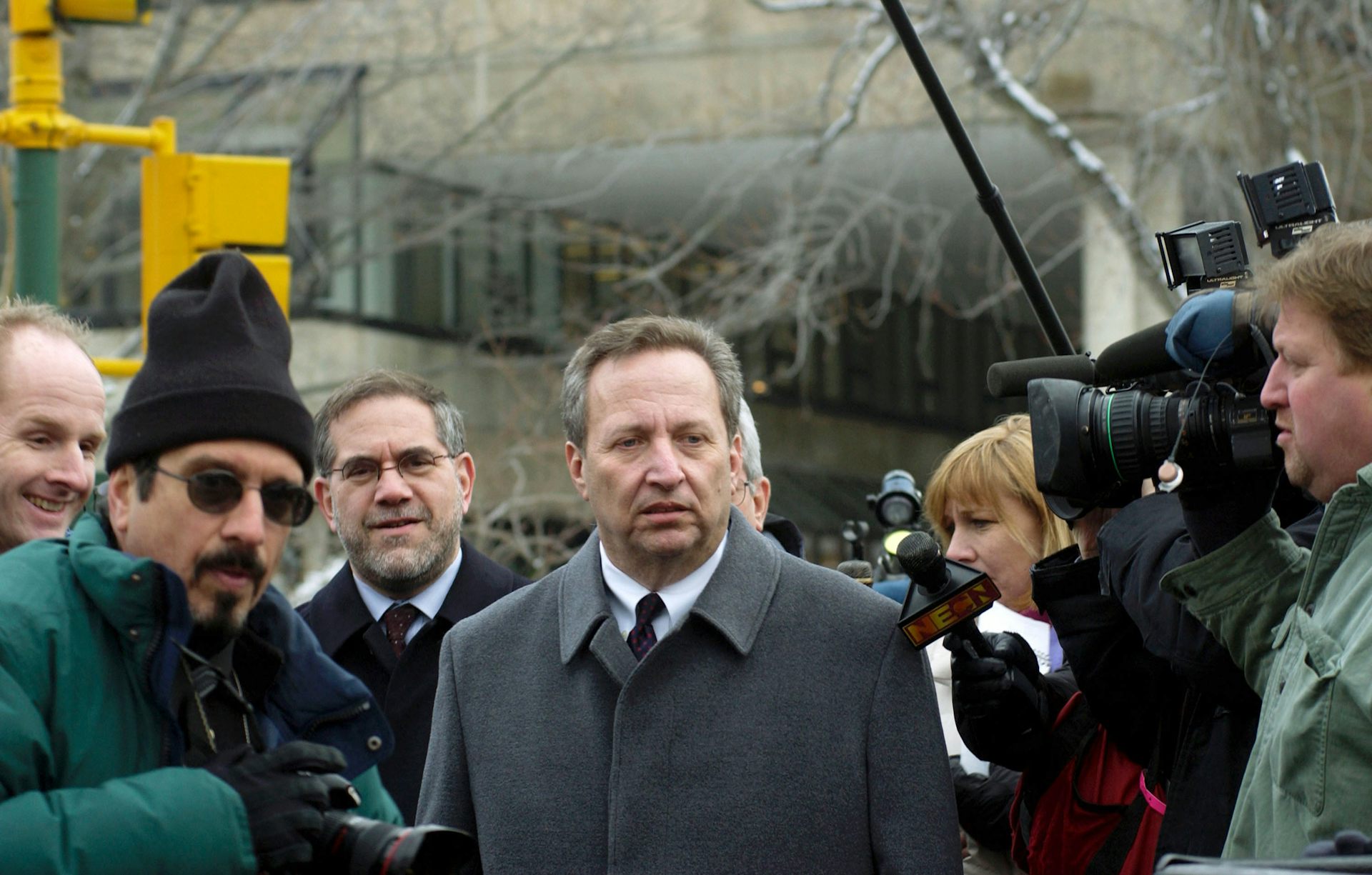US embassy in Jerusalem opens amid violence: 4 essential reads
What does this move represent? It depends on who you ask, according to scholars in this roundup of articles from our archives.

On May 14, the day the U.S. embassy in Israel moved to Jerusalem, at least 55 Palestinians were killed and 2,700 wounded by Israeli soldiers amid protest at Israel’s border, according to The New York Times.
What began as Palestinian protests against economic sanctions in Gaza months ago now also includes a response to the embassy move. President Donald Trump announced the move back in December 2017, when he recognized Jerusalem as the “true capital” of Israel.
Four pieces from our archive help explain why the move is so contentious, and how it is viewed by different interest groups.
1. Jerusalem 101
The Israeli-Palestinian conflict has a deeply rooted and complex history. Professor Dan Arbell, a scholar-in-residence at American University and a former Israeli diplomat, identifies several key moments – from the Ottoman Empire to the Six-Day War – that help explain why the U.S. decision to move its embassy to Jerusalem is so controversial.
He writes: “The international community hasn’t recognized Jerusalem as the capital of Israel and still views the city as disputed territory. It has long been considered an issue that must be settled between Israelis and Palestinians in the context of peace negotiations. As a result, all foreign embassies operate from the city of Tel Aviv in Israel.”
Now other countries like Guatemala and Paraguay are planning to follow the U.S. example and move their embassies too.
2. What it means to Palestinians
Many Palestinians protesting the embassy move fear that it will end the possibility of a two-state solution between Israel and Palestine. However, Middle East scholar Maha Nassar suggests that it may not be all bad.
Nassar argues that the idea of a two-state solution has never been realistic, in part because of the power imbalance between the state of Israel with strong U.S. support and the stateless Palestinian people. Trump’s decision has closed the door on this approach to peace.
“Now that the two-state solution is over, perhaps the region can start looking at alternative visions for a genuine peace that actually represents the rights and claims of all people living on this land,” Nassar writes.
3. What it means to Trump supporters
Many critics of Trump’s decision to move the U.S. embassy suggest that it was primarily done to please his conservative evangelical base. But why do evangelicals in the U.S. care about this particular aspect of U.S. Middle East policy?
Well, it has to do with their beliefs about the end of times and the second coming of Jesus, according to Julie Ingersoll, a religious studies professor. Ingersoll explains that some interpretations of the Bible suggest that returning Jerusalem to Jewish control is one major precursor to a “cosmic battle between good and evil called Armageddon at which Satan will be defeated and Christ will establish his earthly kingdom.”
Over time, this narrative has become popularized in books and movies, and a powerful force in American evangelicals’ political attitudes.
4. What it means to American Jews
The new U.S. embassy was opened on the 70th anniversary of the state of Israel being established. It’s an anniversary that young Jewish Americans may not be as eager to celebrate as their parents or grandparents were, writes Dov Waxman.
According to Waxman, a professor of Israel studies at Northeastern University, younger generations of Jews have generally felt more secure in the U.S. and grown up overwhelmingly liberal and “dovish” in their politics.
“Many find it hard to reconcile the values they have internalized from these belief systems with the idea of a state that gives preferential treatment to Jews at the expense of its non-Jewish citizens, most notably its Arab minority – as Israel does,” he writes.
Read These Next
Cuba’s speedboat shootout recalls long history of exile groups engaged in covert ops aimed at regime
From the 1960s onward, dissident Cubans in exile have sought to undermine the government in Havana −…
Bad Bunny says reggaeton is Puerto Rican, but it was born in Panama
Emerging from a swirl of sonic influences, reggaeton began as Panamanian protest music long before Puerto…
Former Harvard president Summers’ soft landing after Epstein revelations is case study of economics’
Despite repeated calls for the university to revoke his tenure, the economist held onto his teaching…





